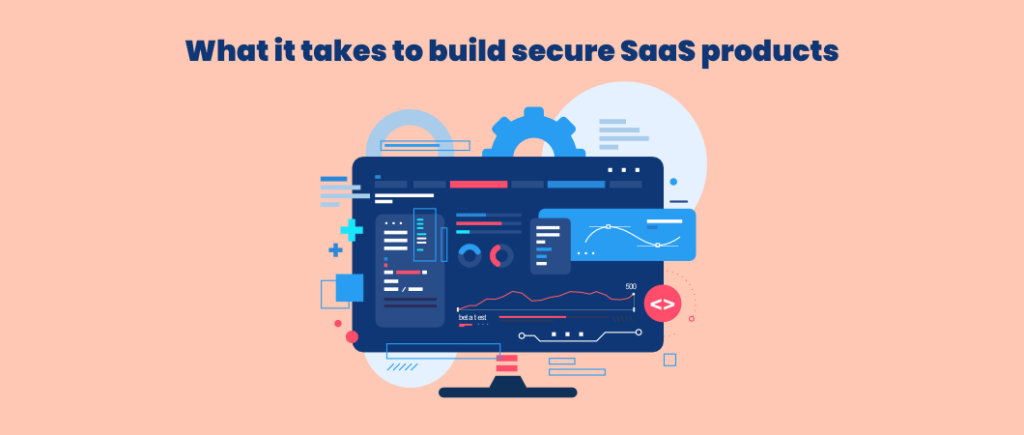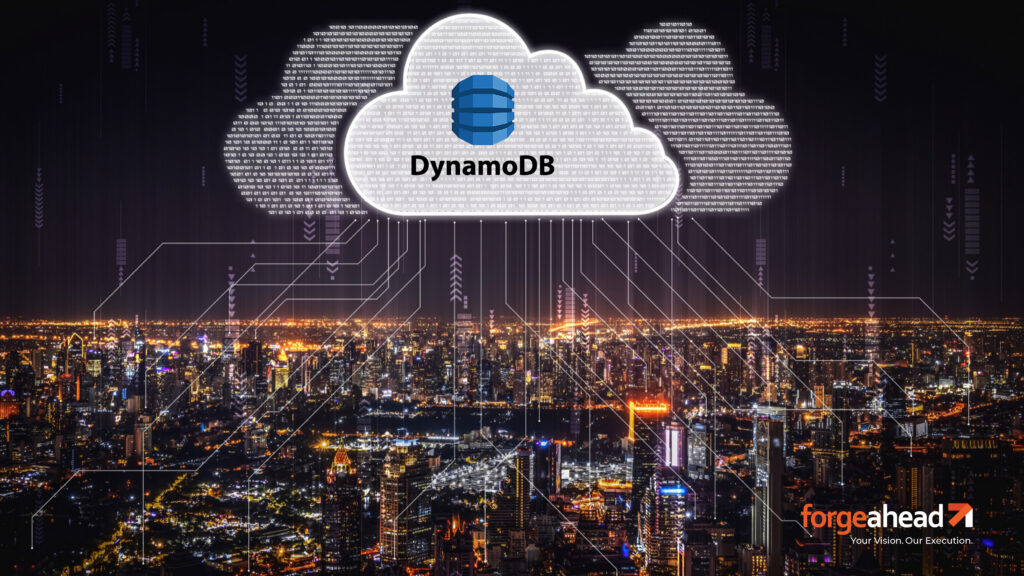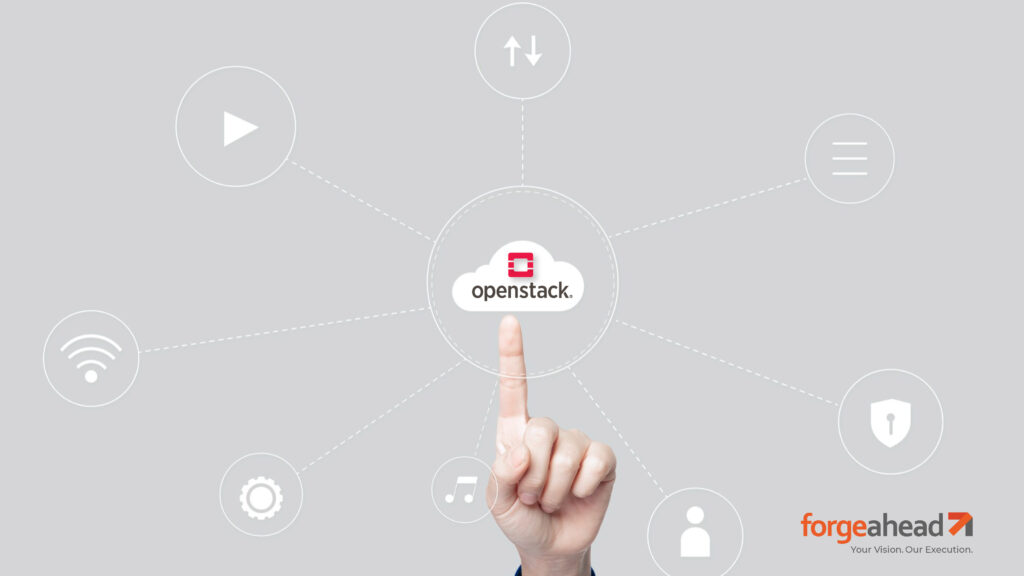Last updated on July 21st, 2023
Increasingly, we find more enterprise products moving from on-premises to the cloud. Cloud-based SaaS products comprise 70% of business applications, which will increase to 85% by 2025.
Some of the popular SaaS applications include tools like Microsoft Office 365, Salesforce, Cisco Webex, and Adobe Creative Cloud. Even enterprise-level applications like Oracle are now offered on the cloud in the form of Oracle Cloud Financials.
With its growing popularity, SaaS applications are also attracting new security threats in the form of non-compliance issues, cyberattacks, and contract breaches. As the cloud stores more customer data, there is a need for product companies to protect their sensitive data from hackers.
Along with the risk of data breaches, SaaS product companies can no longer afford any website downtime. This can seriously impact their customer trust and revenues.
Why is there a security imperative for SaaS products? Let’s discuss this in the following sections.
Importance of Security in Early SaaS Product Development
Product companies constantly need to balance costs and productivity with their security and compliance-related concerns. 94% of cloud-powered enterprises regard their business data and processes as crucial for access control and compliance. Along with cloud computing, new technologies like the Internet of Things (IoT) can create more security issues.
As such, application security is a priority for technology CEOs as they address cybersecurity challenges with their internal teams. Expectedly, more product companies are asking questions like “what security measures can inherently become part of the product itself?”
To build an effective product security strategy, companies are building a multi-layered security architecture that includes the following processes:
- Continuous code review
- Internal scanning for threats
- Penetration testing
- Security review in the product design
- Secure product architecture
- Industry-defined encryption standards
The key to SaaS product security is to include this aspect from the early stages of application development. Next, let’s discuss some of the best security practices during SaaS product development.
Best Security Practices in SaaS Product Development
Product companies must evaluate their SaaS application security continuously. Here are some effective security practices to implement in SaaS product development:
1. Real-Time Monitoring
Real-time monitoring is an effective practice that can secure SaaS applications. It provides multiple benefits in the form of improved visibility, control, and compliance-related benefits.
Real-time monitoring is the effective answer against common threats like SQL injections, XSS attacks, and account takeovers. What’s more? It can also help in detecting attacks during the product development process.
2. Data Encryption
For enabling data encryption, most SaaS product developers use Transport Layer Security (TLS) to protect channels that communicate with SaaS applications. Data encryption can be a default feature in the product, or product users can enable the feature.
Organizations can evaluate the existing SaaS service security measures to determine whether data encryption is possible.
3. Data Retention
Product companies (including SaaS developers) must implement a data retention policy for their SaaS account management and cloud subscriptions. Data retention is useful for creating data backups, regulatory compliance, and for freeing up cloud storage space.
To implement data retention, companies must first determine which data they need to retain. For instance, data that needs temporary retention or no retention at all.
4. Secure Application Deployment
Secure cloud infrastructure with services like data segregation and network security is the best answer to application deployment. Even with self-hosted deployment, organizations must apply stringent security policies to protect their applications from Denial-of-Service and penetration attacks.
Overall, companies must consider introducing DevOps security from the early stages of SaaS product development. Additionally, a secure CI/CD pipeline can help build, integrate, and deploy cloud applications.
Which are the best security tools for SaaS products? Let’s discuss them next.
Best Security tools for SaaS products
Security tools can enhance the overall security of all SaaS products. Cloud penetration testing tools can maintain the security of cloud servers and environments. Along with implementing the best practices, SaaS security tools like Cloudflare and Detectify perform real-time monitoring and check for compliance requirements.
For complete SaaS application security, here are some features to look for in security tools:
Vulnerability scanner protects websites from different types of security attacks, including SQL injections and cross-site scripting.
A Website Application Firewall (WAF) is the first level of website security that blocks all bad traffic and malicious requests through continuous monitoring. For SaaS products, an updated WAF can spot and fix a vulnerability immediately that could otherwise take 3-4 months to detect.
Network (or IP) scanner continuously scans all hardware and software components of the cloud ecosystem. Additionally, it ensures that proper network access is granted to the right users.
Website security audits can detect any vulnerability on SaaS platforms and fix them before hackers discover them.
Data encryption is necessary for securing data and preventing breaches. This includes data encryption methods like Transport Layer Security (TLS).
Building Secure SaaS Products with AWS
Amazon Web Services (AWS) provides a range of services and features that can help in building secure SaaS (Software as a Service) products. Here are some ways AWS can assist in ensuring the security of SaaS applications:
Data Encryption: AWS offers various encryption options to protect data at rest and in transit. Amazon S3 (Simple Storage Service) enables server-side encryption for data stored in S3 buckets. AWS Key Management Service (KMS) allows you to manage encryption keys securely. Additionally, AWS Certificate Manager (ACM) provides SSL/TLS certificates to encrypt data in transit for secure communication.
Compliance and Governance: AWS provides a range of compliance certifications, such as ISO 27001, SOC 2, HIPAA, and GDPR, which can help meet industry-specific or regulatory requirements. AWS Config and AWS CloudTrail offer auditing and compliance monitoring capabilities, enabling you to track and log activities and changes to your AWS resources.
Security Monitoring and Threat Detection: AWS offers services like AWS CloudWatch, AWS CloudTrail, and AWS GuardDuty that provide monitoring, logging, and threat detection capabilities. These services help detect and respond to security events, such as unauthorized access attempts, suspicious activities, or potential threats to your SaaS application.
DDoS Protection: AWS Shield provides distributed denial-of-service (DDoS) protection to safeguard your SaaS application against large-scale attacks. It helps detect and mitigate DDoS threats and provides automated protections to keep your application available and accessible.
Secure Development Practices: AWS provides a Secure Development Lifecycle (SDL) framework and various resources to guide developers in building secure applications on the AWS platform. This includes best practices, secure coding guidelines, and security training to help developers implement secure coding practices.
Conclusion
SaaS product companies must integrate application security right from the early stages of product development. As the complexity of SaaS products increases, companies need a holistic approach to securing their products.
At Forgeahead, we can help you build a variety of B2B, B2C, and MVP applications. With our SaaS application development services, you can leverage our cloud expertise in AWS and DevOps for CI/CD pipelines.
We develop secure SaaS products that are built to last. Interested? Speak to our expert consultants today!



